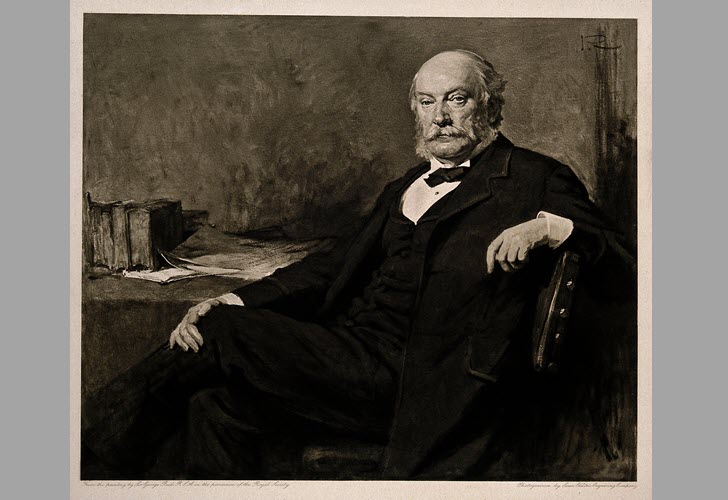John William Strutt (12 November 1842 – 30 June 1919) was a British mathematician and physicist. In 1904, he was bestowed with the Nobel Prize in Physics.
Life and Career
He was born on 12 November 1842, in Maldon, United Kingdom. He received an excellent education from Eton College and Trinity College, Cambridge. Strutt’s passion for science and mathematics became evident during his university years, setting the stage for his future endeavors.
Following his graduation, John William Strutt embarked on a career path that would solidify his reputation as a pioneering scientist. He initially worked as an assistant to the eminent physicist James Clerk Maxwell, where he honed his experimental and theoretical skills. This formative experience shaped his scientific approach and laid the foundation for his future contributions.
He made significant breakthroughs across various scientific disciplines throughout his career. His extensive research in the fields of acoustics, optics, and electromagnetism led to groundbreaking discoveries and advancements. Strutt’s most notable achievement was his elucidation of the phenomenon known as Rayleigh scattering, which explained why the sky appears blue during the day and red at sunset.
His work in sound and vibration laid the groundwork for the development of modern acoustics. His investigations into the nature of sound waves and their propagation led to significant advancements in our understanding of the physics of sound. These contributions revolutionized the field and continue to impact diverse areas, such as music, engineering, and telecommunications.
He died on 30 June 1919, in Witham, United Kingdom.
Award and Legacy
In 1904, he was bestowed with the Nobel Prize in Physics for his investigations into the density of the most important gases and for his discovery of argon.
His dedication to education and research inspired countless individuals and left an indelible mark on the scientific world. Lord Rayleigh’s work paved the way for further advancements in physics, acoustics, and optics, cementing his legacy as a pioneer in these fields.

